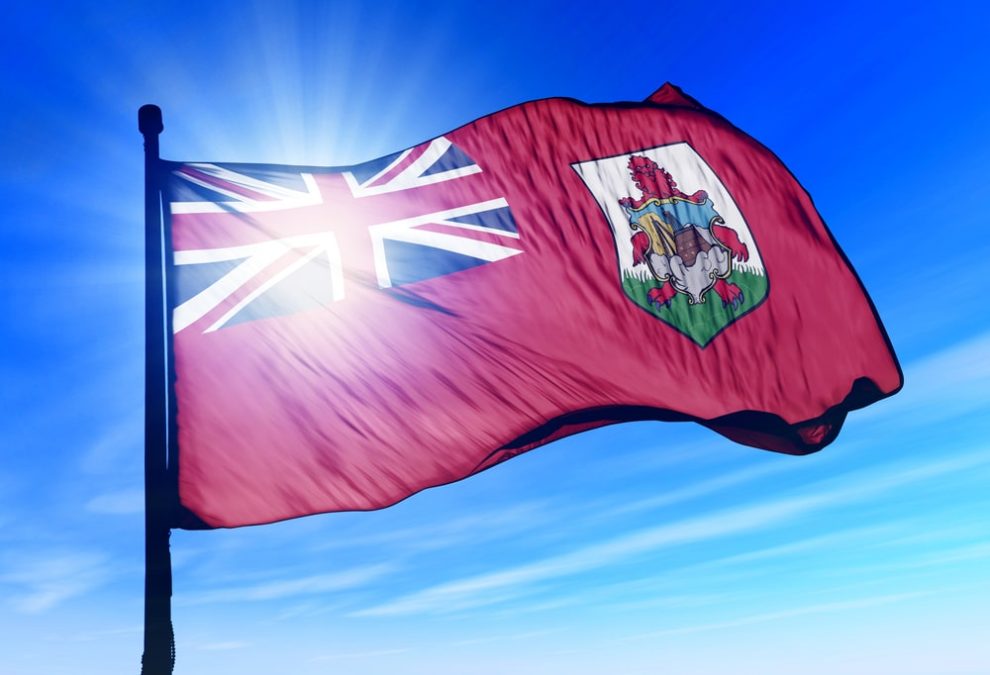The Bermuda Islands are an overseas territory located in the Caribbean region of the Atlantic Ocean. Situated approximately 1,070 kilometers off the southeastern coast of the United States, this archipelago is famous for its white sandy beaches, turquoise waters, rich marine life, and stunning natural beauty. Bermuda Islands also stand out for its warm climate, historical heritage, and being a financial center. This article will explore important aspects such as the history, geographical features, and cultural richness of the Bermuda Islands.
History:
The Bermuda Islands were discovered by Spanish sailors in 1505, but permanent settlement didn’t occur until several centuries later. In 1609, the English ship Sea Venture crashed into the islands during a storm, leaving the crew stranded. This event marked the beginning of colonization in Bermuda. In the 17th century, the English began to settle on the islands and brought slaves for sugar production. Later, Bermuda Islands became an important naval base in the Atlantic and a center for trade with North America.
Geographical Features:
The Bermuda Islands consist of 181 islands, but only 20 of them are used as residential areas. These islands are located on coral reefs and host incredible marine life. Roatan and St. George islands are the two largest islands in the archipelago. The climate of Bermuda Islands carries the influences of a tropical climate, characterized by mild temperatures and humidity throughout the year.
Cultural Richness:
Bermuda Islands possess a rich cultural heritage. The influences of British origins are clearly visible in the local culture. Colorful houses, stone walls, and British colonial architecture are prominent features that reflect the British influence on the islands. Additionally, traditional mask dances performed by groups called Gombeys and local art forms like music and dance are integral parts of Bermuda’s cultural fabric. The Bermudian cuisine primarily focuses on seafood, offering a variety of fresh fish, shrimp, mussels, and sea purslane.
Financial Center:
Bermuda Islands have gained worldwide recognition as a financial center. The islands are known for their low tax rates and strong regulations, attracting numerous international companies to establish offices there. Reinsurance, insurance, and international trade play significant roles in the island’s economy. The financial sector not only provides employment opportunities but also contributes significantly to the local economy.
Conclusion:
The Bermuda Islands are renowned as a tropical paradise with its white sandy beaches, crystal-clear waters, and breathtaking natural beauty. Alongside its historical and cultural richness, the islands hold significant economic importance. Known for its tourism, maritime activities, and financial sector, Bermuda Islands also boast a vibrant local culture that offers visitors a unique experience. This archipelago fulfills the vacation dreams of many, being a destination that combines natural wonders with a lively local atmosphere.



















Add Comment